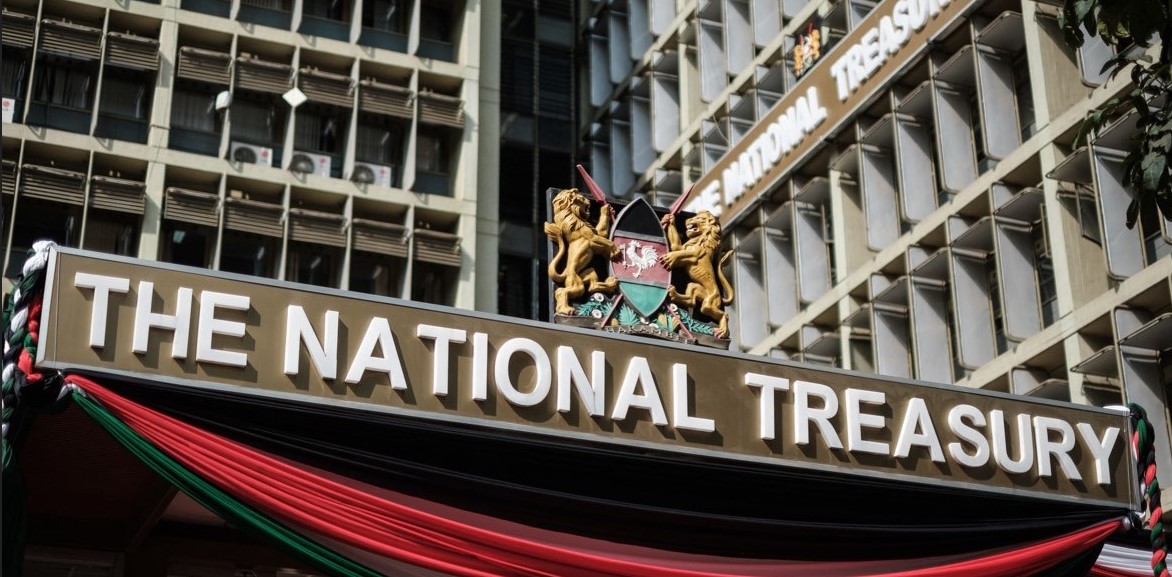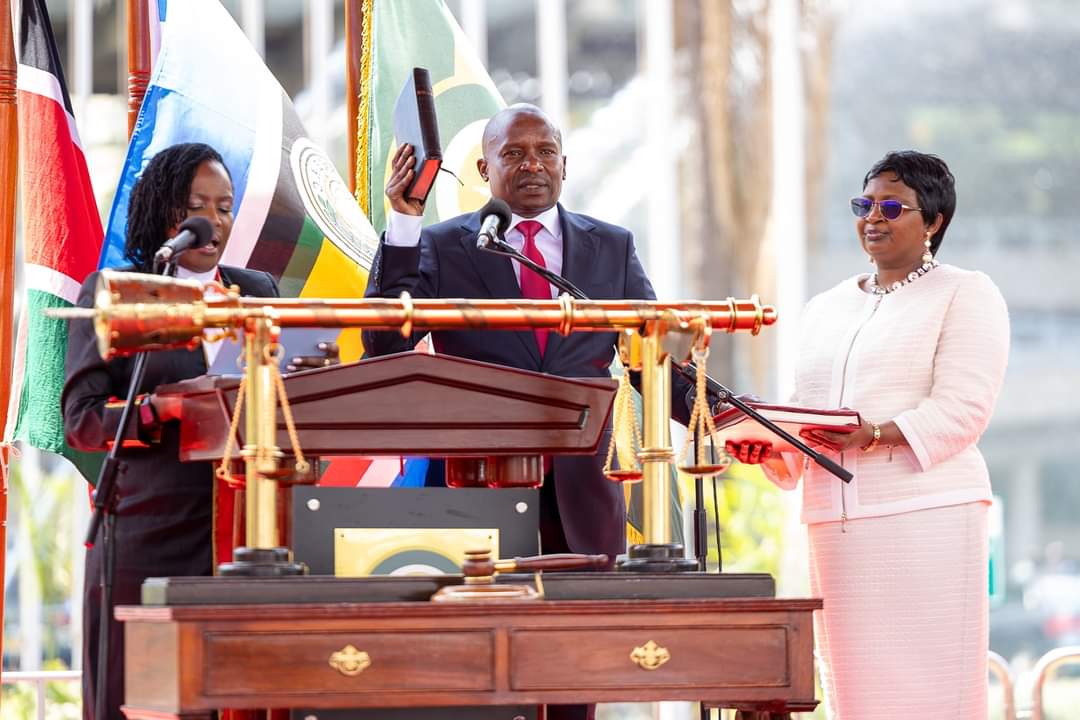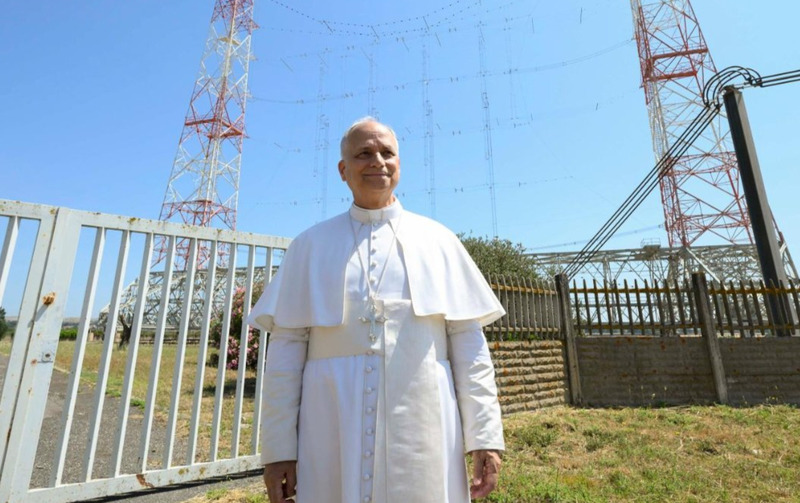Kisumu leads in commercial bank loans as counties borrow Sh8.6 billion in nine months

Data by the Central Bank of Kenya shows that Kisumu borrowed Sh1.68 billion from Kenya Commercial Bank (KCB) to support operations and pay salaries.
Kisumu County was the highest borrower among eight counties that took commercial bank loans worth Sh8.6 billion in the nine months leading to March 2025, as cash delays from the National Treasury pushed devolved units into financial distress.
Data by the Central Bank of Kenya shows that Kisumu borrowed Sh1.68 billion from Kenya Commercial Bank (KCB) to support operations and pay salaries.
More To Read
- Controller of Budget proposes funding freeze for counties involved in prolonged leadership wrangles
- Debt: Senators expose how counties are driving contractors into bankruptcy
- Revenue shortfall sparks National Treasury’s Sh18 billion supplementary budget push
- MPs say no to cheap steel imports, back local industries
- MPs, senators strike deal, agree on Sh415 billion revenue allocation to counties
- Bleak outlook as CBK reveals one in three firms won’t hire in 2025
The Controller of Budget (CoB), Margaret Nyakang’o, noted that this was part of a sharp rise in county bank loans, which hit a total of Sh15 billion by March 2025, up from Sh6.4 billion in June 2024.
Other major borrowers included Bungoma, which took a Sh556.13 million loan from KCB, Kisii with Sh521.73 million from Family Bank, and Homa Bay, which received Sh488.93 million from Diamond Trust Bank (DTB).
Additional borrowing was done by Makueni at Sh352.4 million, Laikipia with Sh250.6 million, Nairobi with Sh56.1 million, and Migori at Sh50 million.
This was a sharp increase compared to the nine months ending in March 2024, when only Bungoma and Homa Bay had taken loans—Sh494.39 million and Sh419.94 million respectively.
The Controller of Budget's report further indicated that Kakamega and Nyandarua, although they did not borrow during the review period, still have active memoranda of understanding (MOUs) with banks to secure credit when needed.
The rise in county borrowing followed the freezing of exchequer disbursements caused by the withdrawal of the 2024 Finance Bill.
The government had been depending on the bill to raise Sh347 billion for the 2024/2025 financial year, but the legal vacuum created by its withdrawal meant Parliament had to reintroduce both the Division of Revenue Bill and the County Allocation of Revenue Bill before counties could receive funds.
Treasury Cabinet Secretary John Mbadi explained the situation, saying, "Funding to counties was not a problem of the exchequer as such but was largely a legal issue. There are legal experts who felt that we couldn't give the counties money unless Parliament passes the county revenue allocation bill and the division of revenue bill."
Due to these delays, counties were forced to find other ways to fund basic operations.
The Controller of Budget (CoB) noted that counties were mostly borrowing to cover recurrent expenses, particularly salary payments, which were affected most by the cash delays.
The data from both CBK and the CoB point to growing reliance on commercial debt by counties as a temporary solution to structural funding challenges at the national level.
Top Stories Today














































